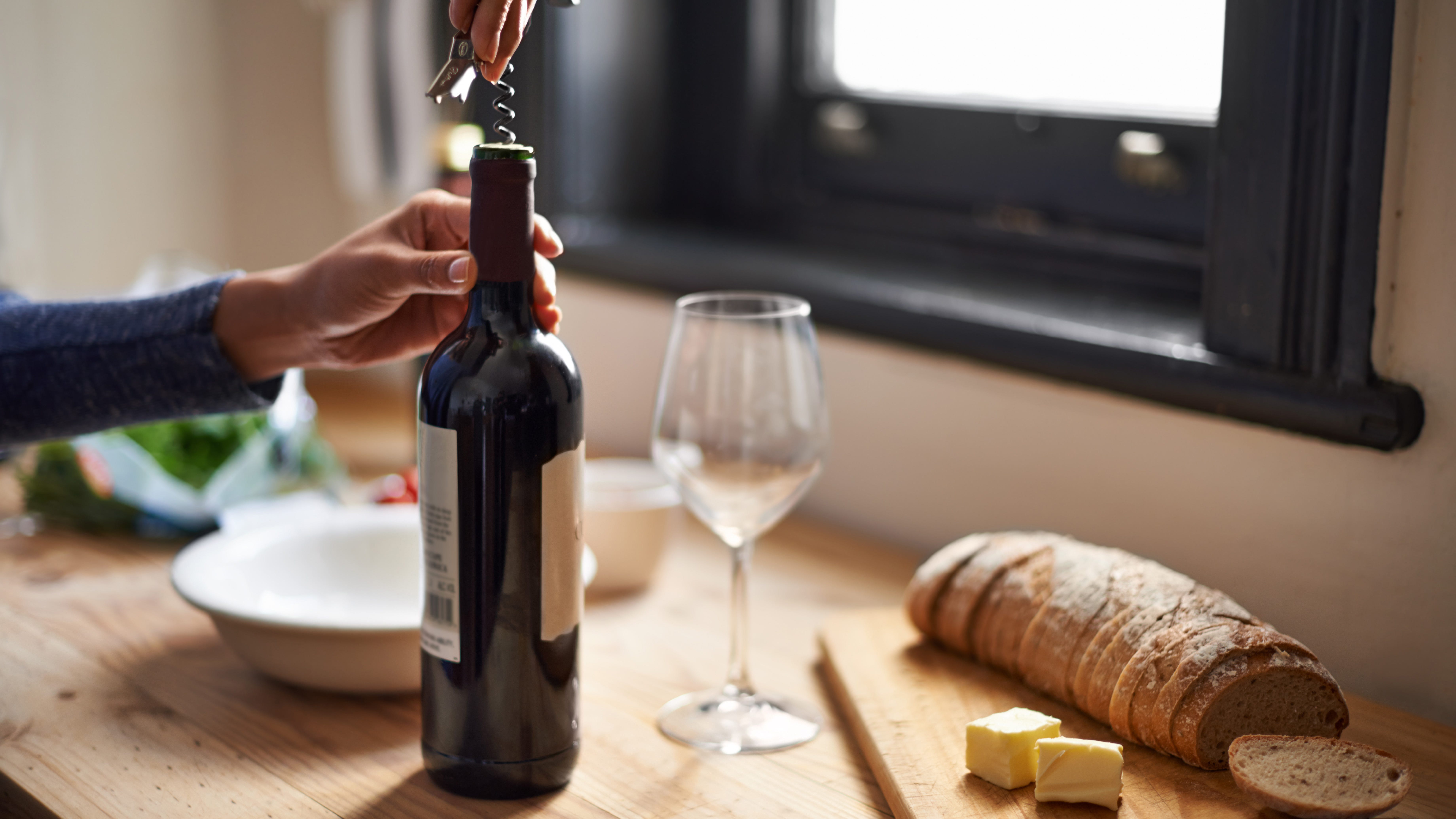
The coronavirus pandemic has Americans drinking more.
Sales of at-home alcohol, according to a Nielsen report from June, have spiked nearly 27% since the start of the pandemic. And while this doesn't take into account shutdowns of bars and restaurants nationwide, it suggests people are turning to alcohol to cope with a life-altering global crisis.
Dr. Elinore McCance-Katz, assistant secretary at Department of Health and Human Services and head of the Substance Abuse and Mental Health Administration, told USA TODAY in May that more people reportedly sought treatment for alcohol misuse in regions where coronavirus has hit the hardest.
A drink or two to take the edge off may seem like a harmless idea. And given historic unemployment rates, a pandemic that shows no signs of slowing down and the ceaseless specter of racial inequality, a couple more bottles of beer or glasses of wine might sound appealing.
After all, Dr. George F. Koob, the director of the National Institute on Alcohol Abuse and Alcoholism (NIAAA), told USA TODAY that past research has found people are more likely to drink — and drink more — "during times of uncertainty and duress."
But he warns against turning to the liquor cabinet for comfort.
"Any increases in alcohol use during the pandemic could be a cause for concern, particularly if the increases stem from an attempt to cope with negative emotions associated with the crisis," he told USA TODAY.
Excessive alcohol is linked to liver damage and some forms of cancer, including liver, breast and colon cancer. Per the World Health Organization, the effects of alcohol consumption contribute to more than 3 million deaths worldwide.
Individuals with a history of substance use disorders, anxiety or depression, cautions Dr. Victor Karpyak, a Mayo Clinic psychiatrist, should be especially wary of turning to alcohol as a de-stressor.
How much alcohol is too much per week?
Currently, the National Institute on Alcohol Abuse and Alcoholism guidelines advise limiting alcohol consumption to no more than three to four drinks per "occasion." Men should have no more than 14 standard drinks per week; women should have no more than seven.
U.S. Dietary Guidelines are a bit more stringent, recommending no more than one drink a day for women and two for men.
Keep in mind that a standard "drink" serving is a 12 ounce beer or hard seltzer with 5% alcohol, a 5 ounce glass of wine with 12% alcohol, or a 1.5 ounce shot of 40% alcohol, or 80 proof, liquor.
Of course, pregnant women, people taking medications and those recovering from alcohol use disorder should not be drinking alcohol.
Is drinking alcohol to cope with stress or anxiety bad for you?
Unequivocally, yes.
"It can be very tempting to reach for alcohol during times of high stress," Koob said. "Alcohol temporarily dampens anxiety and other uncomfortable emotions."
That said, he warns, the relief is only temporary — and may end up worsening after the buzz has faded. "Using alcohol to dampen emotional misery tends to make people more miserable and motivates them to drink again," he said, "so it is not a safe or lasting solution for the emotional strain many people are experiencing during the pandemic.
And, in fact, using alcohol to cope may lead to substance use disorders, warns Karpyak, especially if family and friends begin to voice their concern about your well-being.
"We often hear from patients treated for alcohol use disorders that, in retrospect, they see how this coping strategy evolved into alcohol abuse and dependence," he said.
These are especially hard times, particularly for people in recovery for alcohol misuse. "Stress is a major trigger for relapse," Koob said.
Staying Apart, Together: A newsletter about how to cope with the coronavirus pandemic
Turning to telehealth or online support groups are key for individuals in recovery. The NIAAA has a list of resources for professional alcohol treatment.
What are the risks of drinking too much during the coronavirus pandemic?
The World Health Organization has previously stated that drinking too much alcohol may weaken the body's immune response to COVID-19.
COVID-19 may progress to acute respiratory distress syndrome (ARDS), which Koob notes may be exacerbated by alcohol misuse. A study from 2009, he added, found that "a history of excessive alcohol use is associated with an increased duration of mechanical ventilation and prolonged length of stay in an ICU."
How do you maintain healthy drinking habits right now?
The key, both Karpyak and Koob say, is to ensure that alcohol consumption doesn't become a salve for discomfort or anxiety.
Turning to other, healthier methods of coping are vital. Proper sleep, nutrition and exercise are key to maintaining good physical and mental health. Reaching out to friends and loved ones, going out for walks and playing games, among plenty of well-documented coping strategies, are all preferable to excess drinking or substance use.
Ways to cope: 5 ways you can feel more in control of your life during the COVID-19 pandemic
Karpyak also suggests maintaining a semblance of your normal routine, and doing as much as you can to move forward with pre-COVID life plans.
"Taking an active role while under stress is a well-known stabilizing strategy," he said.
Follow Joshua Bote on Twitter: @joshua_bote.
"much" - Google News
August 15, 2020 at 12:45AM
https://ift.tt/3fYa6fZ
Americans are drinking more during the COVID-19 pandemic. But how much alcohol is too much? - USA TODAY
"much" - Google News
https://ift.tt/37eLLij
Shoes Man Tutorial
Pos News Update
Meme Update
Korean Entertainment News
Japan News Update
Bagikan Berita Ini















0 Response to "Americans are drinking more during the COVID-19 pandemic. But how much alcohol is too much? - USA TODAY"
Post a Comment